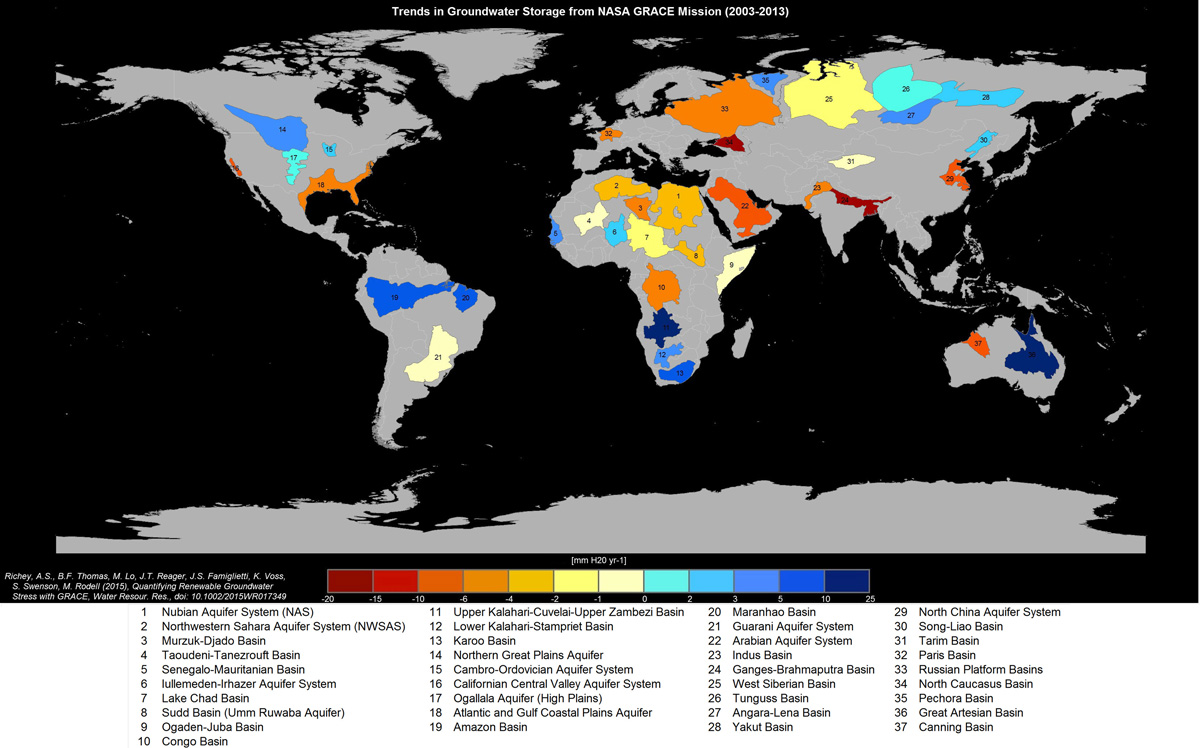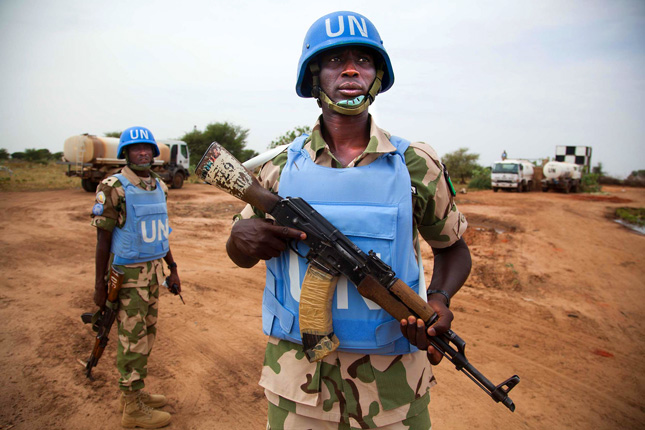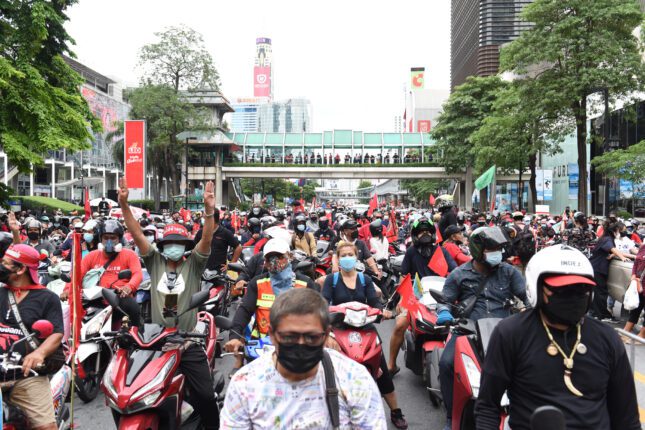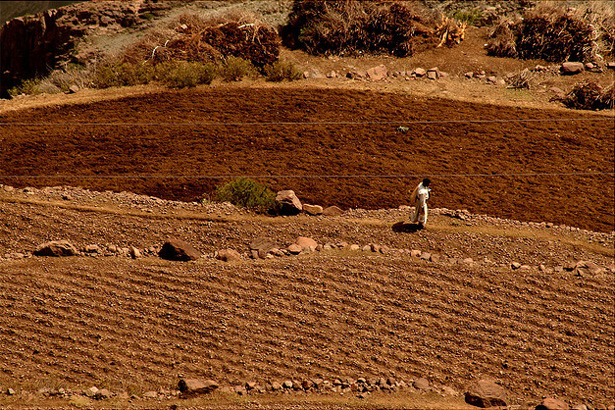-
Resolution 2250 and the Role of Young People in Building Global Peace and Security
›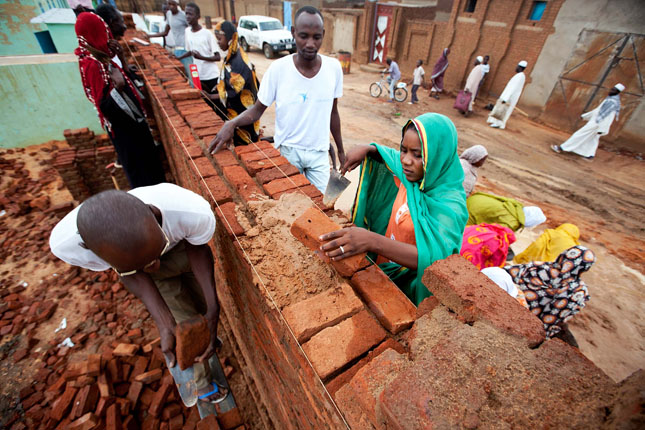
Since its adoption in December 2015, United Nations Security Council Resolution 2250 on youth, peace, and security has been hailed as the first of its kind to recognize young people as meaningful drivers of change through its explicit encouragement of youth leadership at all levels of conflict prevention and peacebuilding. “It’s a testament to the fact that global youth today can have a real meaningful impact on the big issues of today, in the big arenas where discussions are happening,” said Andy Rabens, a special advisor on global youth issues for the U.S. Department of State, at the Wilson Center on October 6.
-
UN, U.S. Summits Offer Modest Immediate Relief to Refugees, But Systemic Reforms Needed
›
Heads of state gathered in New York for the September 19 United Nations Summit on Refugees and Migrants will reaffirm principles of international law, pledge to treat asylum seekers more humanely, and promise to improve coordination between humanitarian and development organizations.
-
Venezuela’s Turn? Age Structure and Liberal Democracy in South America
›January 21, 2016 // By Richard CincottaVenezuela seems suspended at a critical juncture. Following national elections in December, the opposition Democratic Unity Roundtable was set to occupy two thirds of the 167-seat National Assembly, an upset that would reduce the late Hugo Chávez’s United Socialist Party to a distant second place for the first time and given opposition legislators the power to enact sweeping political changes.
-
NASA Data Reveals Most Major Aquifers Depleting Faster Than They Recharge
› -
Will Tunisia’s Democracy Survive? A View from Political Demography
›May 12, 2015 // By Richard CincottaAmong the few bright spots in the 2015 Freedom in the World Report, the brightest may be Tunisia, which for the first time was assessed as “free” – Freedom House’s highest “freedom status” and for many political scientists the definitive indication of a liberal democracy. Tunisia is the only North African state to have been assessed as free since Freedom House began its worldwide assessment of political rights and civil liberties in 1972, and only the second Arab-majority state since Lebanon was rated free from 1974 to 1976.
-
Low Oil Prices Could Shake up Africa’s Petro States
›
One in five African states produce hydrocarbons, and most of these are heavily dependent on oil and gas revenues to finance their governments and generate foreign exchange. Further, an emerging group of East African states are waiting on international oil companies to develop new oil and gas reserves. But Africa’s record using non-renewable oil and gas resources to trigger economic and social development is poor – and plummeting prices may portend more instability to come.
-
What Can Demography Tell Us About the Advent of Democracy?
›April 28, 2014 // By Elizabeth Leahy MadsenDemocracy is fickle. Many of the competing theories on the best ways to foment and consolidate plural, inclusive governance or predict its rise and fall focus on political and economic forces. Yet a small group of demographers have explored population age structure as a catalyst for and reflection of a host of changes in societies that can affect governance. -
Food Security and Sociopolitical Stability (Book Launch)
›
Following a surge in global food prices in 2008 and again in 2011, policymakers and scholars have paid increased attention to the intersection of food security and political volatility. [Video Below]
Showing posts from category Libya.



